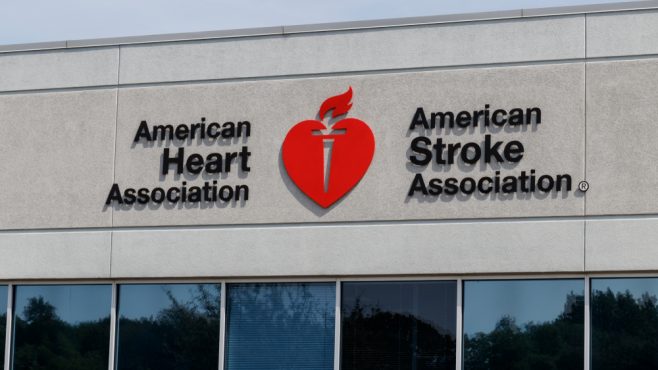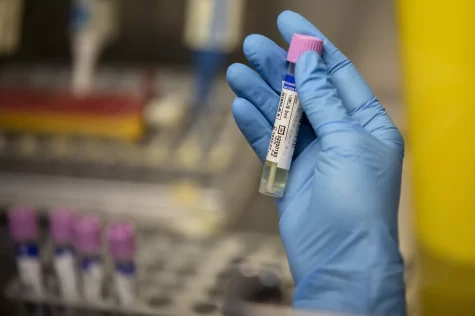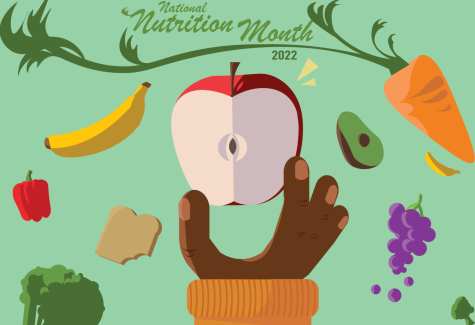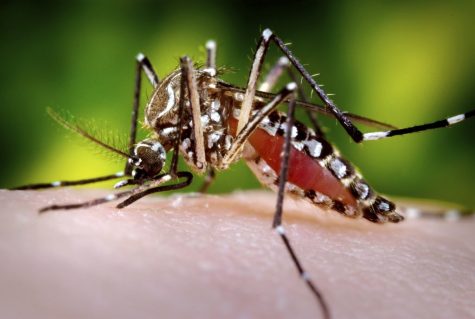Get In Touch with Your Heart
February 9, 2022
February is American Heart Month. Learn more about how to put your heart first and live a healthier lifestyle
One of the most excellent forms of self-care is catering to the needs of the body, mind, and spirit. So, open your heart and fill it with nutritional health and wellness. It’s essential to pay attention to our heart health and learn about improving our overall health and well-being.
The human body’s center is composed of the heart, one of the most vital organs we need to live. With every heartbeat, our body pumps blood throughout the system to ensure we are breathing and functioning, delivering a continual supply of oxygen and other nutrients to the brain and other vital organs.
The heart is an integral part of living. However, most Americans are suffering from heart disease, the leading cause of death in men, women, and people of most racial and ethnic groups resulting in one in every four deaths, according to the CDC.
Due to this, it’s important to protect your heart and learn how to reduce your chances of heart disease, specifically coronary heart disease, which is the most common type.
Heart-healthy living is about making daily choices to mitigate the risks of heart disease through physical activity, reducing consumption of foods high in saturated fats and cholesterol, cutting out smoking, and finding ways to manage stress levels.
About 18.2 million adults ages 20 and older have coronary artery disease, according to the CDC. The rate of heart attacks occurs every 40 seconds, and one person dies every 36 seconds from cardiovascular disease in the United States. Common factors for heart disease include high blood pressure, high blood cholesterol, obesity, poor diet, smoking, irregular exercise and physical activity, and family history of the chronic disease.
Despite the ongoing pandemic, heart disease remains one of the greatest health threats. The American Heart Association is calling for individuals all over the country to “reclaim their rhythm.” By getting in touch with our hearts, we can reclaim control over our mental and physical well-being and reinforce the importance of heart health.
In addition, it’s essential to be aware of the signs of heart attacks and strokes. Heart attacks occur when there is shortness of breath, discomfort in the chest area, cold sweats, nausea, and lightheadedness.
A stroke can be identified by face drooping, arm weakness, and speech difficulty. If these symptoms occur, it’s advised to call 9-1-1. Resources are available in the East and North Bay for community members to learn about preventive measures and receive CPR training. For more information, please visit here.







![Photo of fentanyl from the U.S. Drug Enforcement Administration (Photo courtesy DEA via Bay City News) [for education purposes only]](https://thepioneeronline.com/wp-content/uploads/2024/03/IMG_4583-600x443.jpg)









